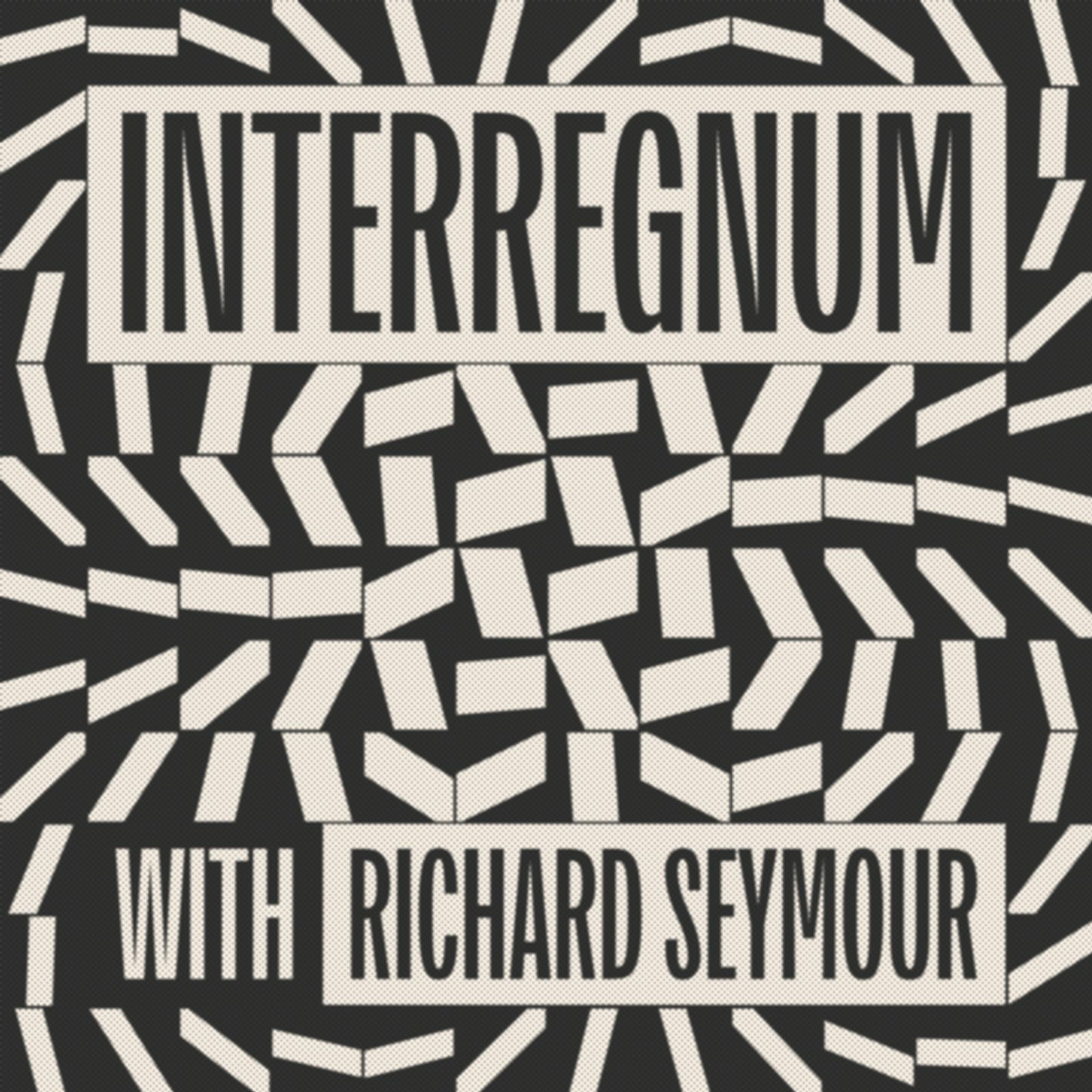
Richard Seymour on Luigi Mangione
Politics Theory Other
Deep Dive
美国式“社会强盗”:Thompson暗杀案与Mangione案的阶级解读
Callum 的提问触及了美国社会一个令人不安的现实:联合健康CEO Brian Thompson的暗杀事件,以及对被告Luigi Mangione的广泛民众同情,共同揭示了美国阶级斗争和阶级意识的复杂面貌。这并非简单的刑事案件,而是折射出美国社会深层结构性问题的冰山一角。
我最近在研究Eric Hobsbawm关于“社会强盗”的概念,我认为这与Callum的提问有着密切关联。Hobsbawm描述了传统农村社会中一种独特的现象:社会强盗。他们并非简单的罪犯,而是被贫苦大众视为英雄的人物,他们的敌人是压迫穷人的势力。虽然国家将他们定性为罪犯,但他们却受到民众的保护。Hobsbawm的关键论点在于,在人们找到更有效的抵抗方式之前,“社会强盗”代表着一种前政治的、非革命性的抗议形式。
一个社会出现“社会强盗”现象,就表明这个社会存在着尚未解决的深层问题。那么,为什么高度发达的资本主义社会——美国,也会出现这种现象呢?
这与Ernst Bloch所说的“活着的昨日”(living yesterday)不谋而合。美国社会在制度和政治上似乎陷入了某种瘫痪状态,有效的政治改革举步维艰。这种制度性瘫痪使得民众难以通过常规的政治途径表达不满和诉求,从而催生了类似Mangione案中所体现的,以非正规、甚至带有暴力色彩的方式表达反抗的现象。
Mangione案以及Thompson暗杀案所反映的,并非简单的个体犯罪,而是美国社会深层矛盾的集中体现。它表明,美国社会存在着大量未被有效解决的问题,而这些问题正以一种扭曲的方式,通过“社会强盗”式的反抗来表达。这并非革命,而是一种在制度性僵化面前,民众无奈的、前政治的抗争。 这值得我们深思:一个号称民主的国家,为何会滋生如此强烈的社会不满,以及这种不满为何只能通过如此极端的方式来表达? 这正是美国社会需要直面和解决的核心问题。
Shownotes Transcript
So Richard, our first question comes from Callum, who says, What might the assassination of UnitedHealthcare CEO Brian Thompson and popular support for the accused Luigi Mangione tell us about the class struggle and class consciousness in the United States? What parallels might be drawn to other periods and places where assassination was a common political tactic, sometimes symptomatic of a lack of political organisation?
You know, it's funny, this question overlaps with something that I wrote recently about Eric Hobsbawm's concept of the social bandit, which I think this is probably what the questioner is actually getting at. So Hobsbawm is describing periods in rural traditional life
where these bandit heroes emerge. Their enemies are the foes of the poor, traditionally. They're regarded as criminal by the state, but not by the people. So to that extent, the people protect them. And the critical point that Hobsbawm makes is that the social bandit is a kind of pre-political, non-revolutionary form of protest before people really discover more effective ways of resisting.
So a society that calls the social bandit into existence clearly has problems that it doesn't yet know how to solve. And so then the question is, you know, why should it be that the United States, an advanced capitalist society, should call into being this social type?
It's redolent of what Ernst Bloch calls the living yesterday. You know, there's a sense in which the United States is so paralyzed as a country, institutionally and politically paralyzed, that it's almost impossible to get any meaningful and effective political reform achieved.
If you'd like to hear the rest of this episode of PTO Extra, then please consider becoming a £5 supporter of the show on Patreon. Go to patreon.com forward slash polltheoryother to sign up.